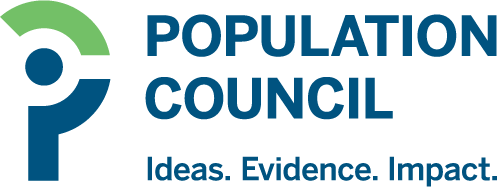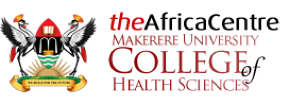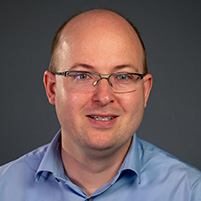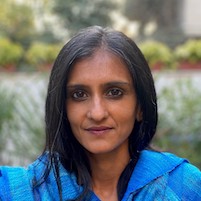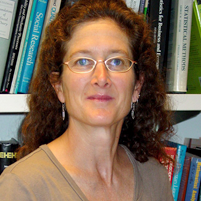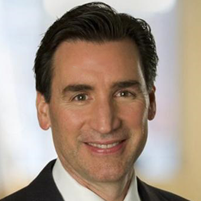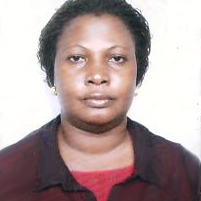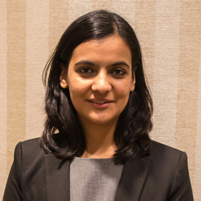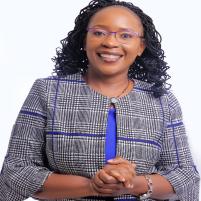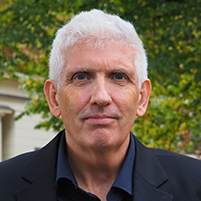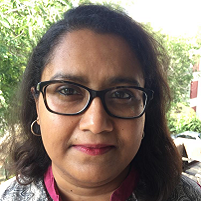Around the world, women join groups or collectives to provide economic and social support to each other. Existing research on women’s groups is promising, but there remain major gaps in the evidence base that hinder our knowledge of how groups operate, how much they cost, what makes them most effective, and how they can be brought to scale. The Evidence Consortium on Women’s Groups (ECWG) aims to generate and synthesize rigorous evidence to guide development partners, practitioners, researchers, and policymakers in implementing and strengthening programming and policies on women’s groups. The ECWG is co-led by the American Institutes for Research and the Population Council and funded by a grant from the Bill & Melinda Gates Foundation.
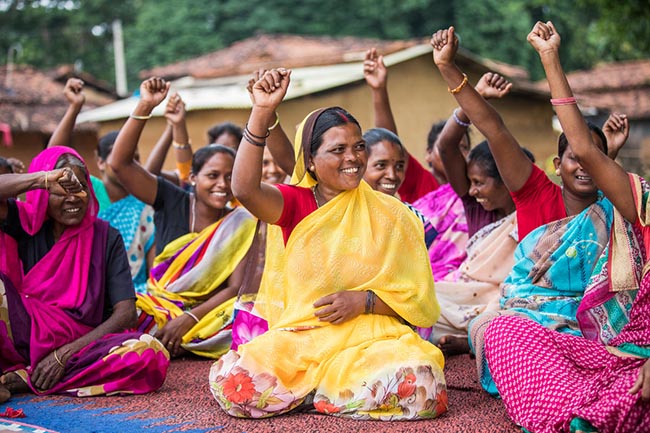
The ECWG is a research consortium led by the American Institutes for Research and the Population Council, alongside the Evans School Policy Analysis and Research Group at the University of Washington, Stanford University, the Campbell Collaboration, and the Africa Centre for Systematic Reviews and the School of Women and Gender Studies at Makerere University, Uganda.

